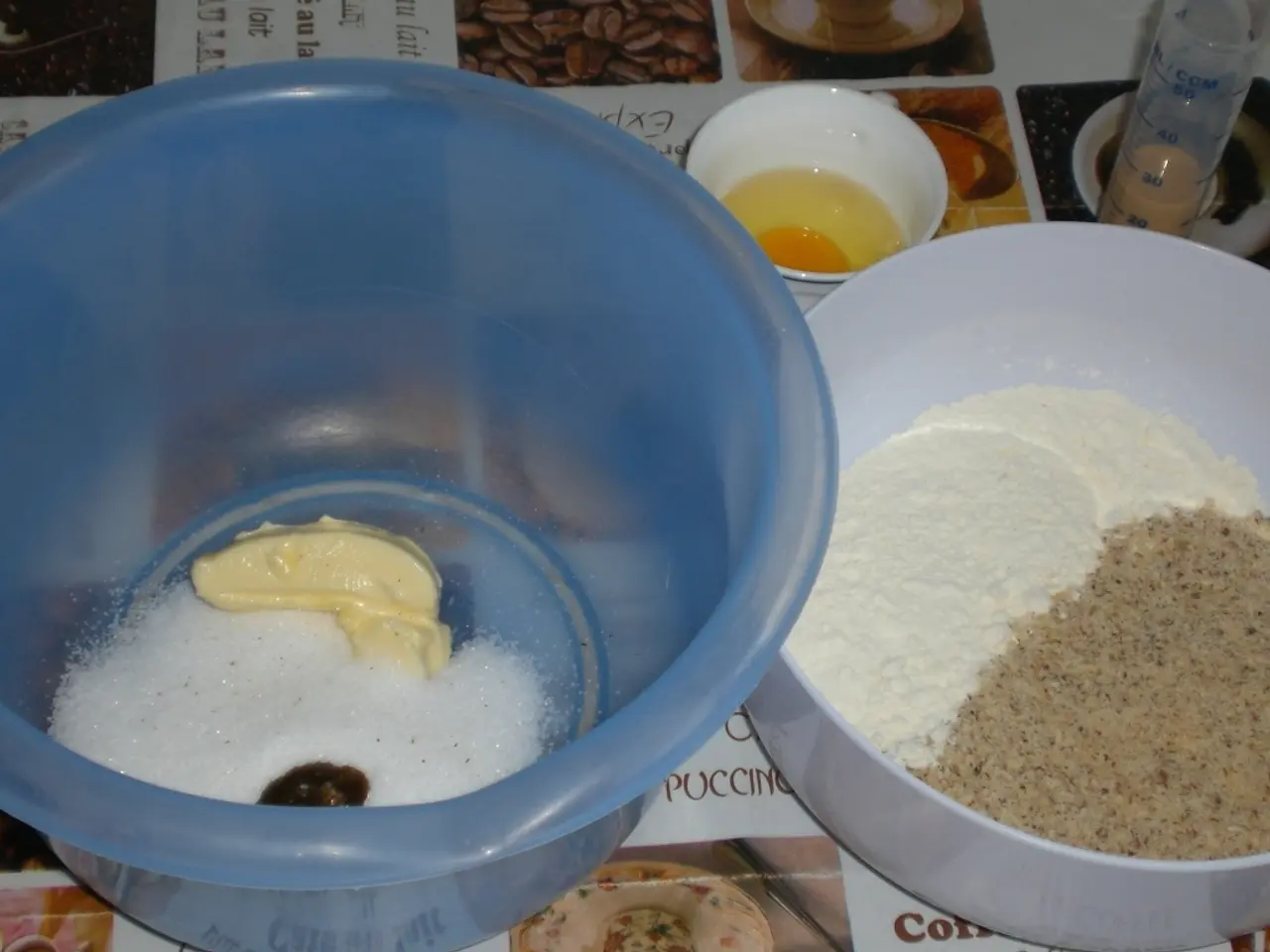Aid in Understanding the Benefits of Flea Shells
Psyllium husk, derived from various plantain plants, has gained popularity as a natural remedy for digestive issues. This fibrous substance, known for its ability to absorb water, plays a crucial role in promoting regularity and maintaining a healthy gut.
The gel-like substance formed by psyllium husk, known as mucilage, offers numerous benefits. For instance, in cases of diarrhea, this mucilage absorbs excess water, firming up loose stools and slowing intestinal transit time, allowing the intestines to reabsorb more water, resulting in more solid stool consistency. On the other hand, for those suffering from constipation, psyllium husk softens dense stools, increases their bulk, and stimulates intestinal contractions, speeding up stool passage. Additionally, the fermentation of psyllium husk supports gut microbiota health by yielding short-chain fatty acids, further promoting regularity.
However, it's important to approach the consumption of psyllium husk with caution. To minimize mild side effects like gas, bloating, cramping, or abdominal pain, it's recommended to start with a low dose and gradually increase it. Drinking plenty of water with psyllium husk is also essential to avoid intestinal blockage or choking, as the husk expands upon absorbing liquid.
Be aware that some people may experience allergic reactions, ranging from skin rashes to severe anaphylaxis. If symptoms of allergy appear, medical attention should be sought immediately. It's also advisable to consult a healthcare professional before use if you have existing gastrointestinal disorders or are taking other medications, as psyllium can affect absorption.
Since supplements are not FDA-regulated to the same standard as drugs, it's crucial to choose products tested by third parties for safety and quality. The German Federal Centre for Nutrition (BZfE) provides valuable information about psyllium husks.
In summary, psyllium husk, with its fiber content, helps regulate stool consistency and movement, requiring adequate hydration and caution about possible side effects and allergies. It's a useful tool for those seeking relief from digestive problems, but it should be used responsibly and under the guidance of a healthcare professional when necessary.
- The health benefits of psyllium husk extend beyond digestive health, as it also supports the microbiota health in our gut by producing short-chain fatty acids, which are integral to overall health-and-wellness and nutrition.
- In cases of medical-conditions such as diarrhea or constipation, psyllium husk can be a reliable remedy, thanks to its ability to absorb water, regulate stool consistency, and stimulate intestinal movements.
- When considering the use of psyllium husk, it's crucial to be mindful of potential side effects like gas, bloating, and allergic reactions (such as skin rashes or anaphylaxis). Always consult a healthcare professional before use, especially if you have existing gastrointestinal disorders or are taking other medications, and ensure you purchase products that have been tested for safety and quality.




